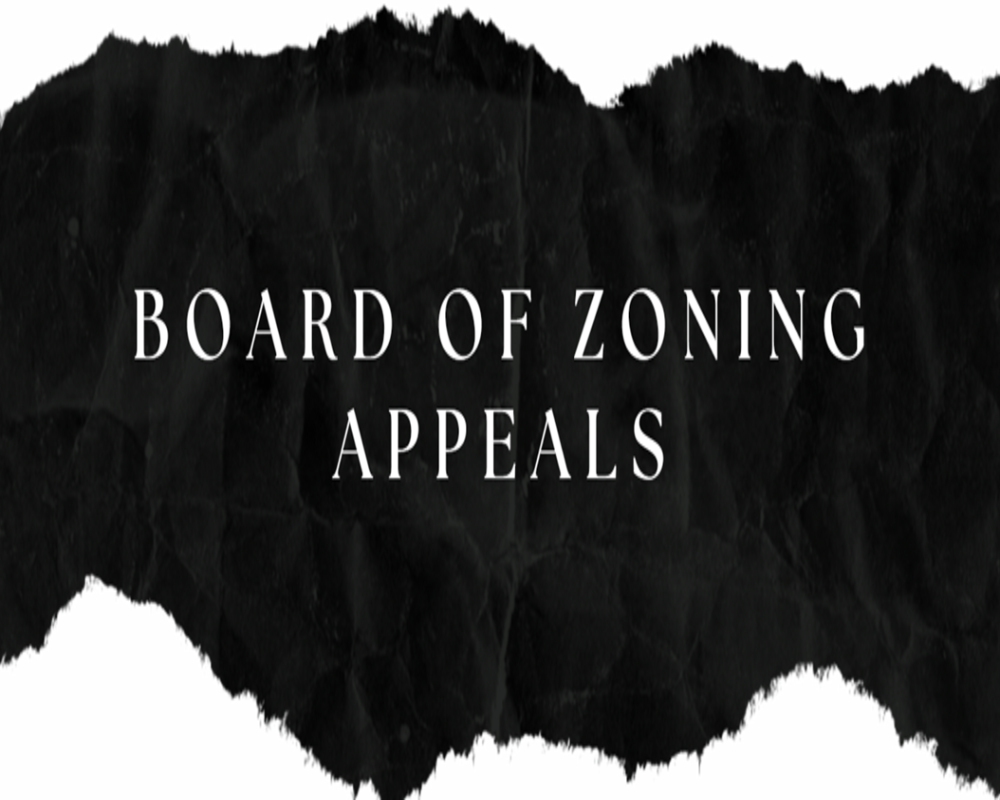Introduction
Zoning boards play a vital role in shaping how land is used, developed, and managed. In the context of land purchase, especially for industrial or commercial purposes, they act as regulatory authorities that approve, restrict, or guide the use of land. These boards ensure that development follows urban planning policies, environmental standards, and safety norms. Their decisions influence land value, usability, and legal standing. Without proper zoning clearance, land development can face severe legal and operational obstacles. Hence, understanding their role is essential for any serious investor or developer.
Land Use Classification
Zoning boards define and enforce land use categories such as residential, commercial, industrial, agricultural, or institutional. Before purchasing, the buyer must verify the zoning classification of the land. Only land classified for the intended use can be developed accordingly. Attempting to use the land for a different purpose requires rezoning approval. These classifications maintain order and prevent conflicting land uses. Zoning maps and official documents must be reviewed thoroughly.
Approval for Permitted Activities
Each zone comes with a list of permitted and restricted activities. Zoning boards grant permission to use land based on this framework. For example, an industrial activity may not be allowed in a residential zone. Buyers need to ensure their intended use aligns with the board’s guidelines. Any non-permitted use requires a formal exemption or zoning change. Proceeding without approval may lead to project cancellation or legal penalties.
Building and Construction Regulation
Zoning boards oversee building regulations such as height limits, setbacks, density, and floor area ratio. Construction plans must be submitted to the board for approval. This ensures that the development fits the zone’s infrastructure and safety capacity. It also prevents overcrowding or misuse of space. Non-compliance can result in demolition orders or fines. Thus, construction must strictly follow approved zoning norms.
Rezoning and Variance Requests
If a buyer wants to use the land for a purpose not allowed by current zoning, a rezoning application is required. Zoning boards evaluate such requests through public hearings and urban planning assessments. In special cases, a variance can be granted to allow specific exceptions. This process is often time-consuming and may face objections from the community. Approval depends on the board’s policy and the potential public impact. Legal support is often needed to handle such requests.
Environmental Compliance
Industrial and large-scale projects must meet environmental standards set by zoning and environmental boards. Zoning boards ensure that land use does not harm the environment or public health. Projects must account for pollution, waste disposal, and ecological preservation. Land near rivers, forests, or residential areas may have extra restrictions. Compliance reports and environmental clearances are often mandatory. These conditions directly affect land suitability and investment potential.
Public Safety and Infrastructure Planning
Zoning boards coordinate with civic bodies to ensure safety infrastructure is in place. Fire stations, drainage, roads, and emergency access are reviewed before approval. The board ensures the project does not strain local utilities or pose risks. Industrial projects must have clear plans for fire exits, waste management, and energy use. Adequate spacing and buffer zones are often required. These safety checks protect both developers and the surrounding community.
Legal Enforcement and Penalty Powers
Zoning boards have authority to inspect, stop, or penalize unauthorized construction or usage. They can issue notices, cancel permits, and take legal action against violators. Buyers must ensure all zoning documents are valid and up to date. Unauthorized usage can result in heavy losses or litigation. Therefore, buyers should work transparently and maintain all required approvals. Legal advice is often recommended before purchase or development.
Master Plan Alignment
All zoning decisions are based on the city or region’s master development plan. Zoning boards ensure that land use fits into long-term planning goals. Any changes or new developments must align with this vision. Buyers should study the relevant master plan documents. This helps in choosing land with long-term investment value. Misalignment may block approvals or future development.
Community Impact Evaluation
Zoning boards assess how a proposed land use will impact the surrounding community. This includes noise, traffic, waste, and social effects. Public hearings may be held to consider objections or support from residents. Projects with large-scale impact must present mitigation strategies. Good community relations can influence approval chances. Boards prioritize sustainable and inclusive development.
Documentation and Records Management
Zoning boards maintain detailed records of land use history, approvals, violations, and changes. Buyers must obtain certified zoning documents before purchasing land. These include zoning certificates, site maps, approval letters, and usage records. Clear documentation avoids future disputes and ensures transparency. Missing or incorrect records can block loans or construction permissions. Accurate paperwork is essential for legal security.
Conclusion
Zoning boards act as the backbone of organized urban and industrial development. Their decisions affect every stage of land purchase and use, from classification to construction. Understanding and complying with zoning regulations can protect buyers from legal risks, financial losses, and operational delays. Informed dealings with zoning boards ensure smoother approval processes and stronger project foundations. Whether for industry, logistics, or real estate, the zoning board’s role is decisive. Proper due diligence and early consultation can turn land into a secure, profitable investment.
Hashtags
#ZoningBoards #LandPurchase #UrbanPlanning #RealEstate #LandUse #CommunityDevelopment #ZoningLaws #PropertyDevelopment #LocalGovernment #PlanningCommission #RealEstateInvesting #ZoningRegulations #LandManagement #BuildingPermits #NeighborhoodPlanning #SustainableDevelopment #LandZoning #PropertyRights #ZoningApproval #SmartGrowth




